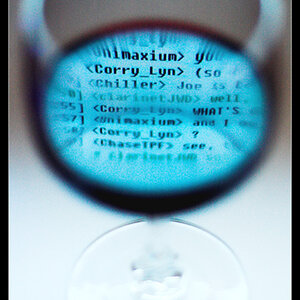christopher walrath
No longer a newbie, moving up!
- Joined
- Mar 19, 2008
- Messages
- 1,265
- Reaction score
- 25
- Location
- In a darkroom far, far away...
- Website
- home.comcast.net
- Can others edit my Photos
- Photos NOT OK to edit
DISCLAIMER: THIS IS NOT A FILMvDIGITAL THREAD (though it may sound like it)
Hi, all. Just wanted to put a few new threads here. Tryin to get some LF banter going. Though about this one. I know some of you are thinking why film in the first place? It's outmoded, archaic and just plain creepy (old guys hanging out in rooms with the lights turned out and the fumes). Some of you are wondering, simply, why large film?
Well, it's all about vision. I have to tell you that there is something for me of being able to look at a negative without a jeweler's loupe and be able to clearly see it. There is a lot of detail in a film negative that is impossible to get in a digital file. I don't care if it is the 40mp back that you put on a Hassy (which is admittedly the only way I would go digital, and then only to resell the back and get more cool stuff for the camera).
Your 40MP digital image has 40 million pixels which can store image information and, as I readily admit and have seen, produces some striking enlargements, to a point. Not bad for a well focused 35mm negative.
Now you're thinking 'Yeah, this guy's frickin lost it'. Well, duh! I'm a film photographer. Fixer is my friend.
But a 35mm negative holds about 40 BILLION crystals of silver halides (silver salts) within the emulsion. That's 40 billion possible pieces of visual information for light to strike and convert to black metallic silver.
No? Then I'll tell ya. That old Zeiss rangefinder that's been sittin' under your grandmother's teeth for ten years, yeah, that one. It's a forty-gigapixel camera. Without the accidentally erasable memory card. Yeah, 40GP. Got your attention now?
Medium format, say 6cm x 4.5cm negative? 150GP camera.
Large format, say, oh, i dunno, 4x5? 550 gigapixels.
8x10? 2.2 TERRAPIXELS!
Now I know that at a small size a 40MP image is very good, hell, so is a 6MP. As long as it's not much larger than 8x10. And the film negatives have to be in good focus as well. Film size does not replace a compitent photographer. Cameras don't take pictures. Photographers do. Give a 2-year-old a Toyo 4x5 view camera and Ansel Adams a 2.1 MP powershot and I guarentee that Adams' shot will be better. Film or digital, you have to have a clue as to what you're doing in order to get great images on a regular basis, regardless of equipment.
Hi, all. Just wanted to put a few new threads here. Tryin to get some LF banter going. Though about this one. I know some of you are thinking why film in the first place? It's outmoded, archaic and just plain creepy (old guys hanging out in rooms with the lights turned out and the fumes). Some of you are wondering, simply, why large film?
Well, it's all about vision. I have to tell you that there is something for me of being able to look at a negative without a jeweler's loupe and be able to clearly see it. There is a lot of detail in a film negative that is impossible to get in a digital file. I don't care if it is the 40mp back that you put on a Hassy (which is admittedly the only way I would go digital, and then only to resell the back and get more cool stuff for the camera).
Your 40MP digital image has 40 million pixels which can store image information and, as I readily admit and have seen, produces some striking enlargements, to a point. Not bad for a well focused 35mm negative.
Now you're thinking 'Yeah, this guy's frickin lost it'. Well, duh! I'm a film photographer. Fixer is my friend.
But a 35mm negative holds about 40 BILLION crystals of silver halides (silver salts) within the emulsion. That's 40 billion possible pieces of visual information for light to strike and convert to black metallic silver.
No? Then I'll tell ya. That old Zeiss rangefinder that's been sittin' under your grandmother's teeth for ten years, yeah, that one. It's a forty-gigapixel camera. Without the accidentally erasable memory card. Yeah, 40GP. Got your attention now?
Medium format, say 6cm x 4.5cm negative? 150GP camera.
Large format, say, oh, i dunno, 4x5? 550 gigapixels.
8x10? 2.2 TERRAPIXELS!
Now I know that at a small size a 40MP image is very good, hell, so is a 6MP. As long as it's not much larger than 8x10. And the film negatives have to be in good focus as well. Film size does not replace a compitent photographer. Cameras don't take pictures. Photographers do. Give a 2-year-old a Toyo 4x5 view camera and Ansel Adams a 2.1 MP powershot and I guarentee that Adams' shot will be better. Film or digital, you have to have a clue as to what you're doing in order to get great images on a regular basis, regardless of equipment.


 However, as much as I would like to shoot at 2.2 terrapixels I would need to justify it. I have a couple medium format boxes that I would absolutely have to shoot before I even consider moving up to large format. My problem is, with out my own processing equipment I am faced with the task of locating a processing facility. Ok this can be done, but I shoot 35mm, I am quite pleased with what I get from it. It suits my practical desires as well as my entertainment wishes.
However, as much as I would like to shoot at 2.2 terrapixels I would need to justify it. I have a couple medium format boxes that I would absolutely have to shoot before I even consider moving up to large format. My problem is, with out my own processing equipment I am faced with the task of locating a processing facility. Ok this can be done, but I shoot 35mm, I am quite pleased with what I get from it. It suits my practical desires as well as my entertainment wishes. 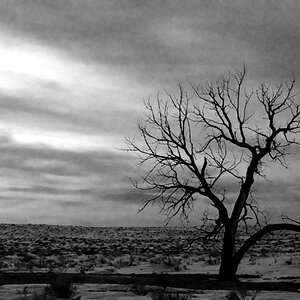
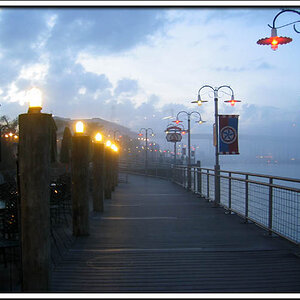

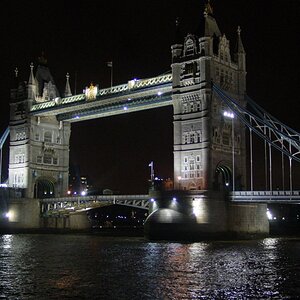
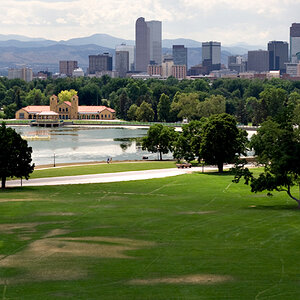
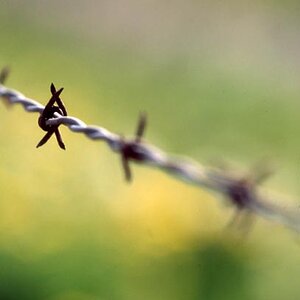
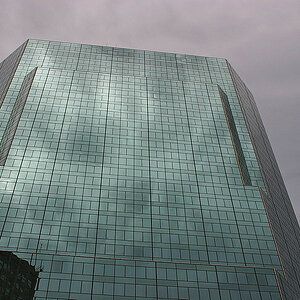
![[No title]](/data/xfmg/thumbnail/37/37170-3e18af574ed51cce5bdf99af9d3cab40.jpg?1619737908)
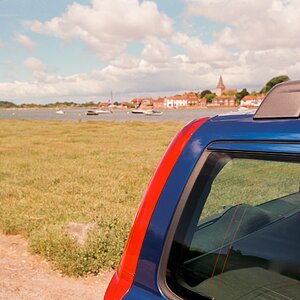
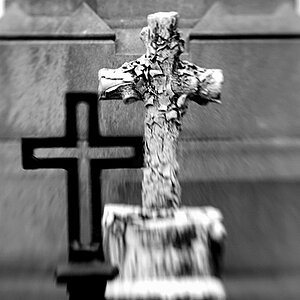
![[No title]](/data/xfmg/thumbnail/34/34040-14af4007923299ad46d35fc110d0faad.jpg?1619736250)
